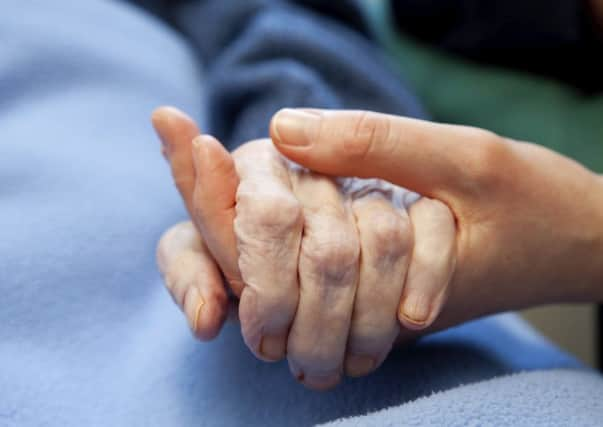New figures show more people are opting to care for relatives


Welfare guardians are usually a relative, carer or friend, who will make a private application to look after a person who does not have the capacity to make some or all decisions for themselves because of mental illness, learning disability, dementia or other conditions.
According to the Mental Welfare Commission (MWC) the number of fresh applications was 183 as of March 2017, up from 142 in 2016.
Advertisement
Hide AdAdvertisement
Hide AdOf these, 57 were from the local authority where there is no potential carer and they have to take control and 126 were private applications. The figures are up from last year and above the national average increase of 12.5 per cent in existing guardianship orders in Scotland.
An ageing population has increased the burden of care with 44 per cent of new applications nationwide being for people with dementia or Alzheimer’s disease, and 43 per cent for people with a learning disability.
The Mental Welfare Commission is concerned at the rise as the guardianship process is complex and not enough people are aware of the need to have power of attorney in place so that control of their financial arrangements and affairs are automatically handed over to someone else.
Mike Diamond, Executive Director (Social Work), MWC, said: “Given that almost half of new applications were for people with dementia or Alzheimer’s disease, I believe that all of us should consider the idea of creating a power of attorney. A power of attorney is planned when you are well and have capacity. The document allows you to make decisions on who can act on your behalf should you become unable to do so in the future”.
Advertisement
Hide AdAdvertisement
Hide AdA spokesperson for the Edinburgh Health and Social Care Partnership said: “The number of people waiting in hospital for a Guardianship order has been a significant challenge.
“However, the deployment of two additional Mental Health Officers to focus on these individuals, has seen the number of Guardianship delays in hospital reduce from 28 in April 2016, to 12 in October 2017.”